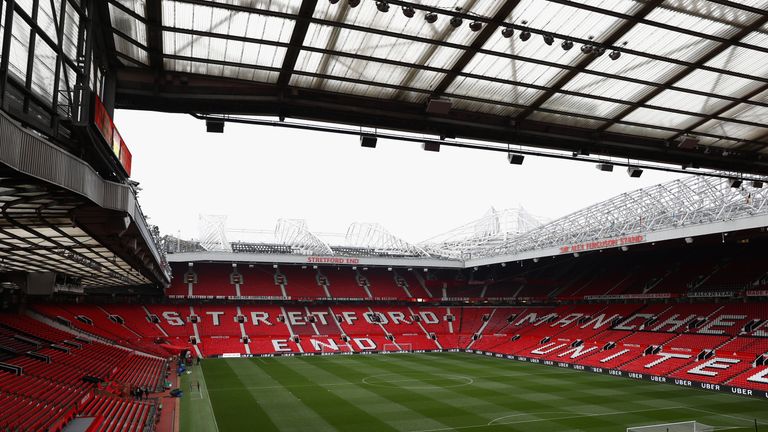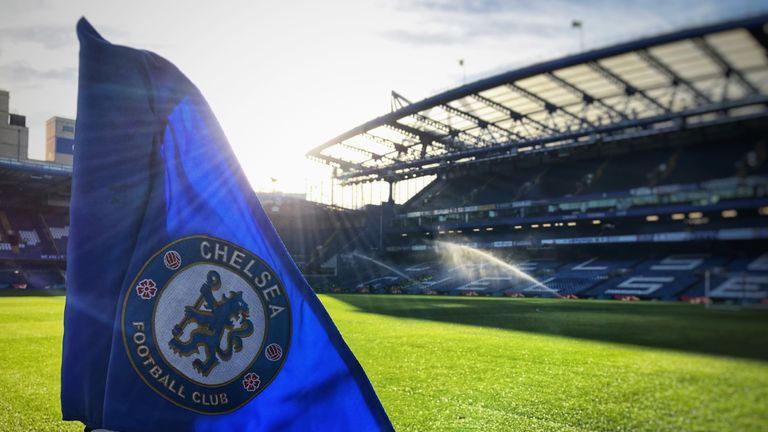Man Utd, Crystal Palace, Hull City and Sunderland criticised over disabled access
Wednesday 16 May 2018 08:45, UK
Manchester United are among four clubs criticised by the Equality and Human Rights Commission (EHRC) over disabled access at their stadium.
United, Crystal Palace, Hull City and Sunderland currently fail to meet legal requirements for access and, while they are all making progress, have declined the EHRC's offer to make informal agreements to guarantee eventual compliance.
This is described as "disappointing" and it is contrasted with Chelsea's willingness to make a binding agreement to comply by the start of next season, and informal agreements Burnley and Watford have made to do likewise.
The criticism is contained in the EHRC's "the State of Play: progress on accessibility at Premier League clubs" - a 125-page report published on Wednesday.
Looking at the 23 clubs that have played in the top flight over the last two seasons, it says England's richest clubs have made significant strides to meet accessibility requirements, although the clubs were first asked to do so nearly 20 years ago.
Wheelchair-user spaces have increased from 3,024 in April 2017 to 3,724 last month, with a further 330 spaces due before the start of next season. That will mean 19 of the 23 meet the standard, which is based on a sliding scale according to each ground's capacity.
Seventeen of the 20 clubs from 2016-17 now provide a sufficient number of "amenity and easy access seats" for disabled fans not in wheelchairs, up from eight clubs a year ago, and all 20 have enough accessible toilets, compared to just 10 in 2017.
There are also encouraging statistics for Changing Places toilets - larger facilities with a changing bench and hoist system - and sensory rooms for fans with autism or other sensory impairments.
But the report makes it clear that this progress has only come after the EHRC threatened legal action under the Equality Act, which states that venues which fail to make "reasonable adjustments" for disabled users could be guilty of "unlawful discrimination".
Faced with this threat, the Premier League made a pledge in 2015 that its clubs would comply by the start of the season just finished. At that point only two of the 20 did so.
While most clubs were able to meet this pledge, some faced difficulties, particularly those with older grounds or plans to move in the near future.
For example, the EHRC had to write to Chelsea twice last year to point out it could not postpone compliance until Stamford Bridge's redevelopment. The club eventually acknowledged this and made a legal commitment to compliance by the end of 2018.
There was praise in the report for Burnley and Watford, too, who also had logistical constraints but made voluntary commitments based on building work planned this summer.





